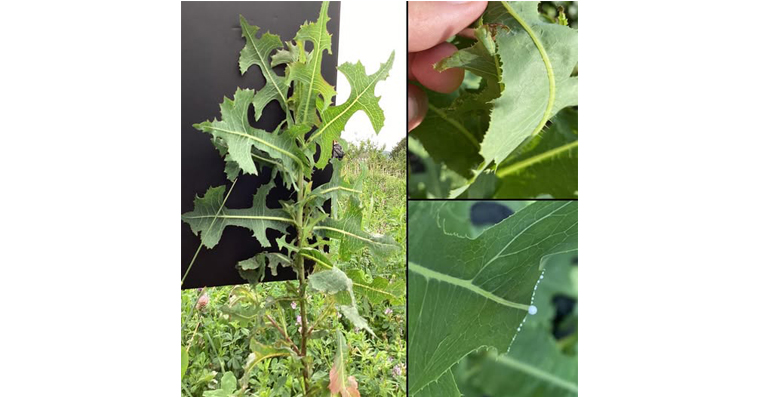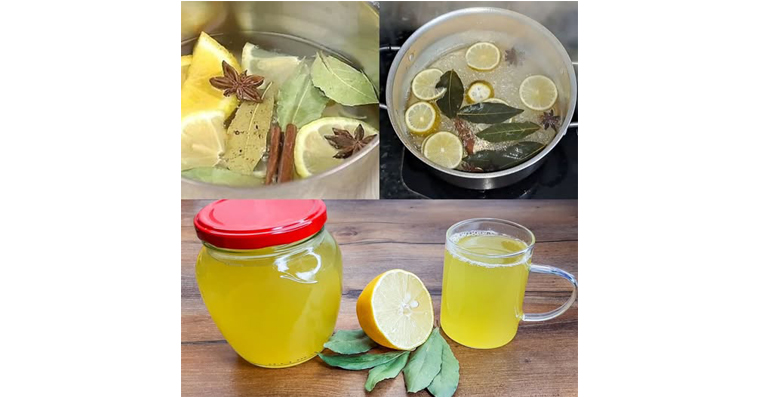This plant is abundant in most gardens, and we cut it without knowing that it has properties capable of solving 10 problems
This plant, often cut without thinking, has properties capable of treating more than 10 diseases
In our gardens, we often ignore the presence of plants with incredible medicinal properties. One of these plants is goose grass, scientifically known as Eleusine indica. Commonly considered a weed, this plant is actually a therapeutic treasure. Abundant in most green spaces, it has powerful properties that can treat more than ten diseases. However, it is generally cut and pulled out, without suspecting its medicinal benefits.
Goose grass: a hidden treasure in our gardens
Goose grass is a robust plant that adapts to a wide variety of environments, which explains its common presence in many gardens. Behind its modest appearance hides a plant with multiple medicinal virtues. It has anti-inflammatory, antioxidant, antidiabetic, antiallergic, and diuretic properties, which makes it a valuable ingredient for traditional remedies. Frequently used in infusion, it is a natural ally to treat many ailments.
The multiple health benefits of goose grass
Goose grass is versatile in its therapeutic applications and can treat several conditions, which we will explore below.
- Cancer prevention
Thanks to its richness in antioxidants, goose grass plays an important role in neutralizing free radicals responsible for the development of cancer cells. Regular consumption of goose grass tea can be an effective way to reduce the risk of cancer by protecting cells from oxidative damage. - Relief from Ovarian Cysts and Fibroids
The anti-inflammatory properties of this herb make it a natural remedy to alleviate the inflammation and pain associated with ovarian cysts and fibroids. Drinking goose grass tea daily can help relieve these symptoms and promote better reproductive health.
- Support for Kidney Disease
As a natural diuretic, goose grass helps increase urine production, facilitating the elimination of excess fluids and salts from the body. This makes it a useful remedy for those suffering from kidney disease, helping to balance the body’s hydration and reduce swelling. - Diabetes Management
The anti-diabetic properties of goose grass can help control blood sugar levels, making it a natural supplement for those with diabetes. By incorporating goose grass into a daily regimen, it is possible to improve overall blood sugar management. - Accelerates wound healing
Goose grass has properties that promote wound healing. By applying a paste made from crushed leaves to cuts or scrapes, clotting can be stimulated and wounds can heal faster. - Fights intestinal parasites
The natural laxative effects of goose grass are useful in treating parasitic infections. By facilitating intestinal movements, it helps expel parasites from the digestive system, thereby improving intestinal health. - Pneumonia remedy
Goose grass can also be used to treat pneumonia. By consuming an infusion prepared from its roots, it is possible to significantly reduce the symptoms of pneumonia and speed up healing. This traditional remedy often shows results in just a few days. - High Blood Pressure Management
The calming effects of goose grass on the cardiovascular system help lower blood pressure. Regularly drinking goose grass tea can help maintain healthy and stable blood pressure levels. - Fever Reduction
Goose grass is also effective in reducing fever. By drinking tea made from its cooked roots, it is possible to lower body temperature and relieve symptoms associated with fever. - Sprain Relief
External application of goose grass is beneficial in cases of sprains. By applying a poultice made from crushed leaves to the affected area, it is possible to reduce swelling and pain, thus promoting faster healing.
How to Prepare and Use Goose Grass for Different Ailments
The preparation of goose grass varies depending on the ailments being treated, but it is generally simple and accessible.
- Infusion for internal problems
To treat internal ailments such as diabetes, kidney disease, high blood pressure a

